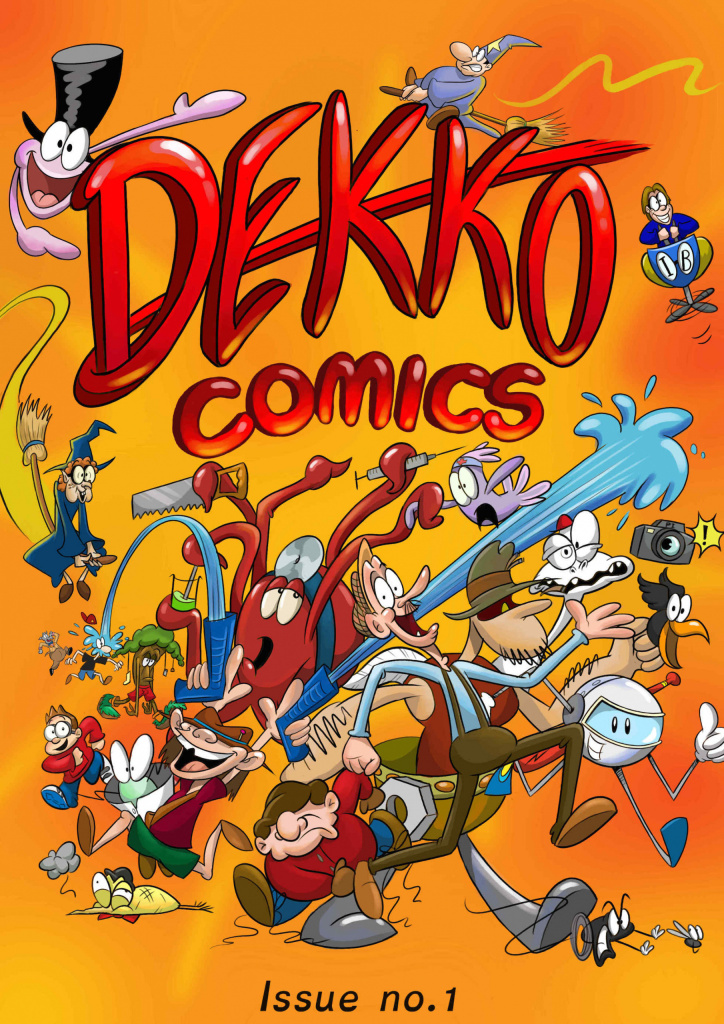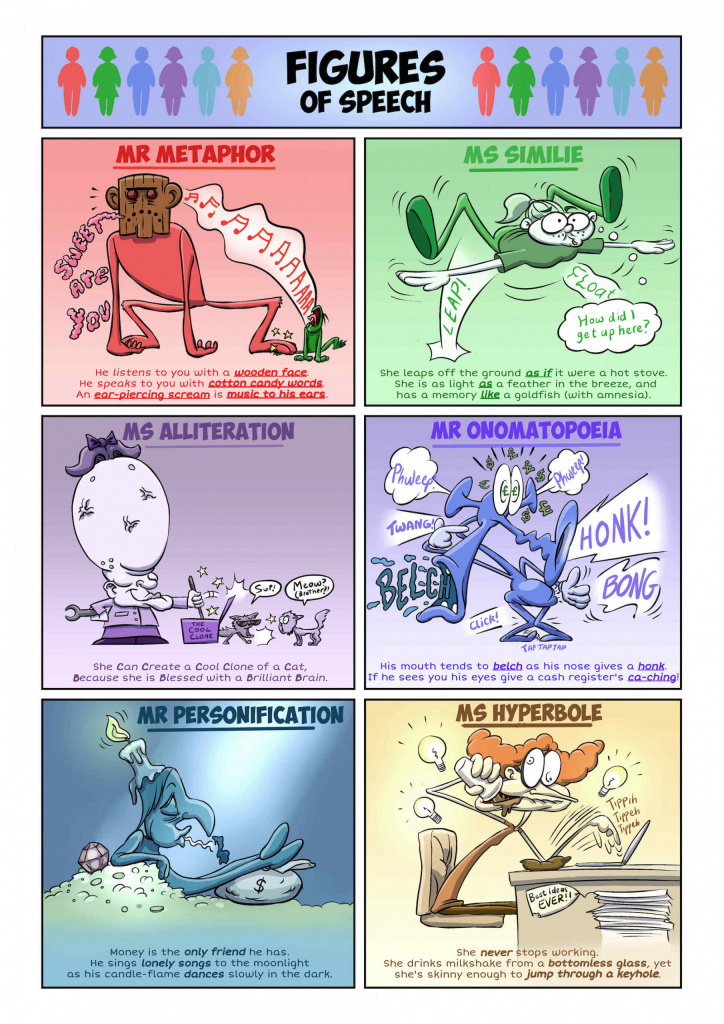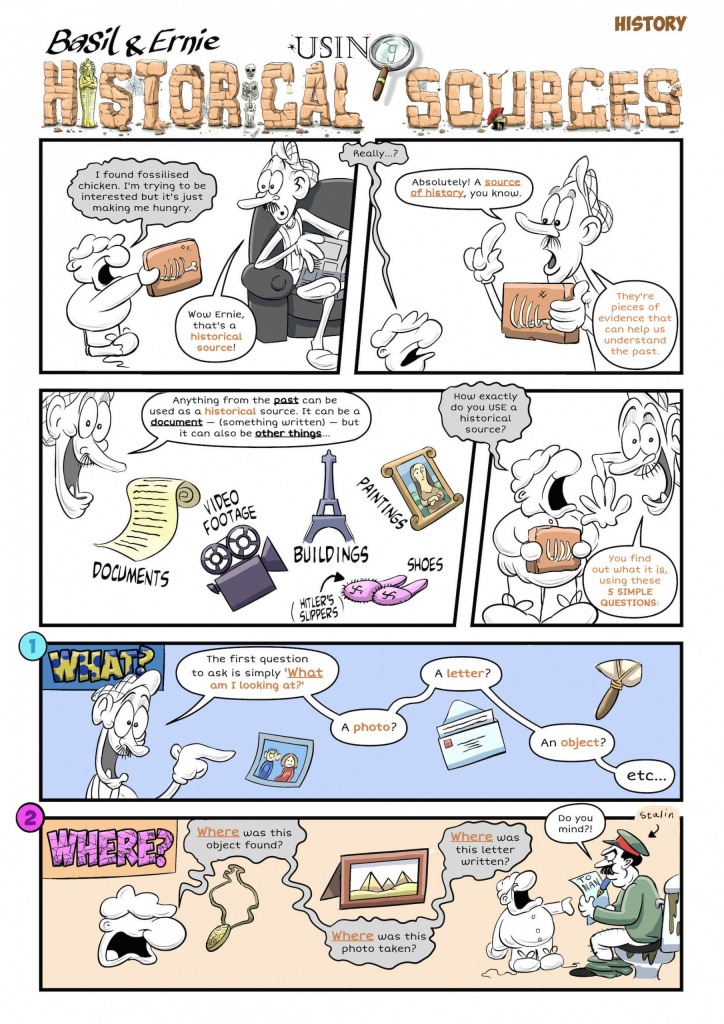
I started Dekko Comics Ltd back in 2016, after testing the concept of educational comics for school pupils the year before. I tested them on several different age groups and learning types, and I found all responded very well while retaining the information within the comics. Pupils were tested on how well they engaged with the comics, retained information (based on whether they read it 1, 2, 3 or 4 times over a week), and how clear they found the information to understand and absorb. On all three fronts, they were a success.
Now there are educational psychologists testing my comics at schools on a professional basis – which I’ve been told has been going very well so far - and we should expect official data to be ready for review in 2024.
My dyslexia led to a new approach to revision
It all comes from a revision technique I used for myself back in 2009, when I was in my last year of academic exams at school. I had struggled with dyslexia all throughout my school years and had a long history of being at the bottom of all my academic classes – feeling as if I was stupid, even though deep down I knew I wasn’t.
Eventually, I just decided that if I was going to fail anyway then I might as well enjoy it, and so, at the age of 17, I turned my revision notes into comic strip stories. My difficulties with processing information through words alone went away, as I now had visual and narrative prompts to follow. This helped me to remember my revision notes and led to my getting my first Grade A in an academic exam.
Now with Dekko Comics Limited, my team and I are turning my revision technique into a resource for other pupils. We make our resources primarily for ages 8-14 but they have been used by younger and older ages too. I handle all the writing and I usually do the initial drawing, but a team of talented freelance artists are the ones to thank for making the material look so beautiful and polished. I have a couple of reliable team members to help me manage the business side of things too.
The value and benefit of comics in academia

Though my experiences at school affected my confidence and self-esteem, I found comfort in two of my great passions: comics and creativity. While traditional texts had always proven difficult for me to process, I devoured and created comics from an early age, with DC Thomson’s Beano – with its fun cast of characters and humour – being a particular favourite. Comics minimised my processing difficulties because of their format. I found the information easy to follow, as narratives were presented visually and in sequence, with characters communicating through speech and thought bubbles; features which can benefit many SEN learners like me. For me, comics were a form of reading that worked as they were entertaining and accessible, compared to traditional texts.
Comic books have long been a source of entertainment and engagement, especially for children and young people. From the cultural boom of comics in the late 1930s to our current era, where sales in America leapt from $1.28 billion in 2020 to $2.075 billion in 2021 (ICV2 and Comichron), the impact of comics on generations of readers and creators continues to shape our world to this day.
Making connections and enhancing vocabulary
A study by the University of Oregon on Teaching and Learning (1991) found that comics averaged 53.5 rare words per 1000 compared to fiction. That's more than children's books which average 30.9 and even adult books at 52.7 so they are a great tool for enhancing vocabulary. Comics draw attention to the important relationship between textual and visual information, as readers make the connection from one panel (a singular framed story image) to the next through inference. Patrick L. Smith et al suggest that, ‘visual metaphors can be highly effective in providing meaning to verbal content that is unfamiliar and difficult to comprehend, and such metaphors may enhance an association between the presented material and the lasting impression of the critical information.’(2019)
But while comics can encourage language development and reading for pleasure, they can also provide a more direct educational benefit.
In 2019, Patrick L. Smith et al examined how comics might aid the teaching of complex subjects like STEM to 11yr olds with dyslexia. The study found that the format of comics showed ‘promise as a pedagogically based starting point for teaching difficult material to children with or without learning disabilities [difficulties], such as dyslexia’ (Smith et al 2019). What is interesting to note is that while comics were shown to benefit learners with dyslexia, they also brought benefits to the control group – highlighting the broad value of more accessible learning materials.
Waiting lists for comics in school libraries

Since officially launching as a business back in 2016, we have received a wide variety of incredible feedback from pupils and parents, students and teachers, neurodivergent and neurotypical.
Jane Baines is Development Officer Additional Support Needs for the Highland Council. She says: 'I first came across Rossie Stone and DEKKO in 2016 through an article on the BBC news. His story resonated with me as my daughter was experiencing the same type of challenges that Rossie had faced. DEKKO and Rossie gave great advice and support and their website gave examples of the comics and she related to the strategies it offered as sitting staring at a page for hours on end had never worked for her as a learning style.
I shared the comic with other professionals who showed it to pupils who loved it. It was a challenge to get them to give the comic back. Our next step was to see how interested schools might be. Rossie came to Highland and ran workshops to explain the theory behind DEKKO and the strategies it employs to engage readers. We purchased a few copies of his first issue and piloted them with pupils. They continued to be an instant success. Pupils loved the colours, the humour but also they were taking in the learning.
Rossie ran some workshops for pupils further extending the idea of the comics to show pupils how art, colour, stories can be merged with things that interest them to help their memories and learning. It was amazing to see quiet, withdrawn reluctant learners engaging with the comics and then coming up with brilliant ideas to help them learning material. Teachers reported they had never seen these pupils so engrossed.
One pupil said it was such a confidence boost to see the ideas used in the comics and for the first time confide in someone how they find writing revision notes in different shades of blue helped them in exams. When they were stressed in the exam with memory problems, they would think of the colour shades which helped them recall words. They said they had never told anyone because they thought people would laugh at them.
The demand for other schools to have the comics for their pupils increased and we now have an annual subscription for copies for our 29 secondary schools and our special schools.
Word spread to our primary colleagues and DEKKO has run more workshops with glowing reviews. Many of our primary schools are now taking out subscriptions using their Pupil Equity Funding as they see the comics as positive strategy for raising the attainment gap in their schools. In addition, schools are using the eye catching posters created by DEKKO to reinforce facts. School libraries are reporting a high demand for the comics and waiting lists to take them out.'
International pupils love learning the 'Dekko way'
I ran a comics workshop in Kulosaari Secondary School in Helsinki for a class largely filled with young energetic boys, aged 9-12 all from countries outside of the E.U. I showed them how to turn maths, English literacy, science and other curriculum based schoolwork into comics.
The principal, Kalevi Kurronen, said: 'In his comics, he communicates the school subjects through wacky characters, stories and humour. This creates positive memorable experiences that our pupils find hard to forget. Furthermore, his workshop techniques teach the pupils how they can learn to do this for themselves - including turning their schoolwork into other things besides comics, such as pictures, puzzles, games and music.
The technique's primary value is developing independent study skills and boosting confidence in pupils' abilities to learn (especially, but not exclusively, pupils who are neurodiverse).
My teaching staff also loved Rossie's technique and the Dekko comics themselves. They found it an excellent resource for getting pupils engaged with their schoolwork and motivating them to understand it, as well as providing them inspiration for ways in which they could teach the more complex parts of subjects to their pupils.'
What’s Next for Dekko Comics Ltd?
Dekko Comics Ltd launched has won many awards: including Young Edge, The Dyslexia Awards, and the SME Business Awards – as well as being nominated for others such as the National Diversity Awards and Scottish Edge. I have been invited to speak around the country, been featured on BBC News and Radio, and I have delivered x3 TEDX Talks to date.
Our most exciting release to date will be our Dekko Video Courses - which are set to launch on the 16th May as a resource for schools to use. They turn my workshops into a series of fun video resources that show how to use and apply my techniques to a variety of important subjects (including literacy, maths, learning/study skills, confidence, and more). If you are interested, please stay tuned to announcements on our mailing list.
In the meantime, here are some interesting links for you if you’re curious to find out more about Dekko Comics and what we do:
Official website: www.dekkocomics.com
Free online samples: https://dekkocomics.com/dekko-for-free
Short video: https://www.youtube.com/watch?v=DnTiPdzrw_o&t=1s
TEDX Talk: https://www.youtube.com/watch?v=DeQjio9eBho&t=3s
DEKKO video courses: https://dekkocomics.com/video-courses